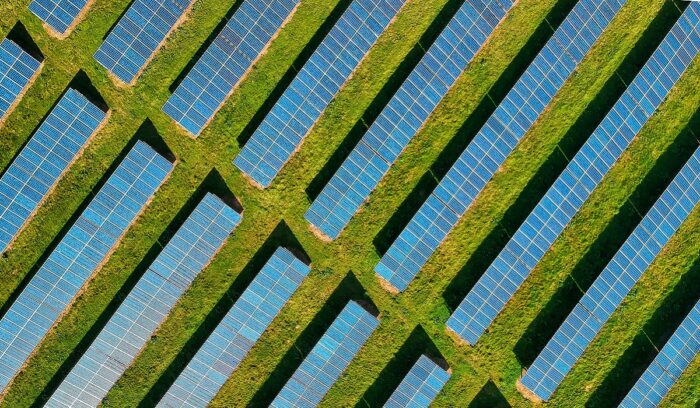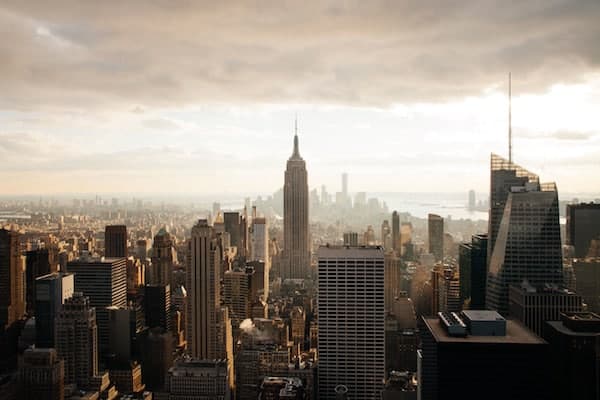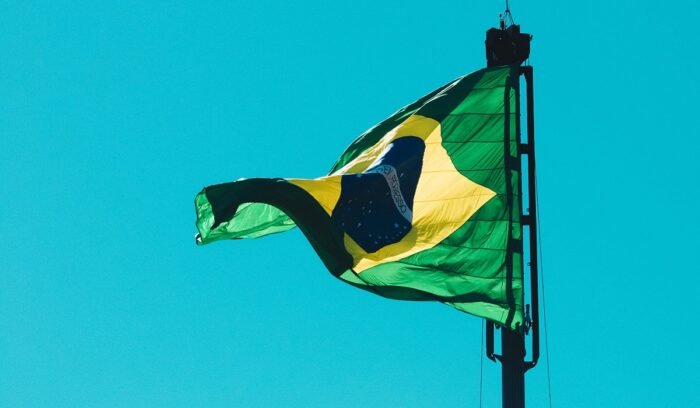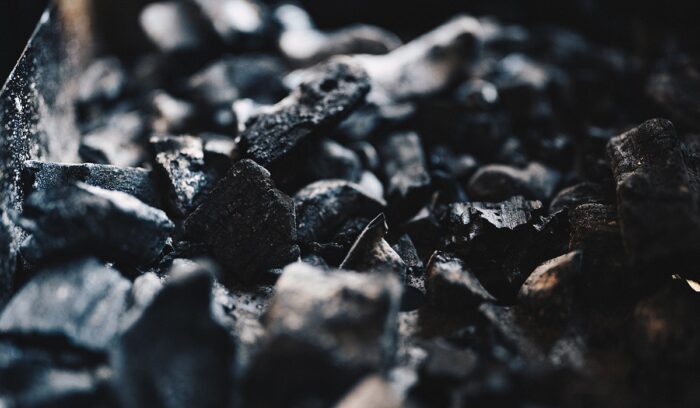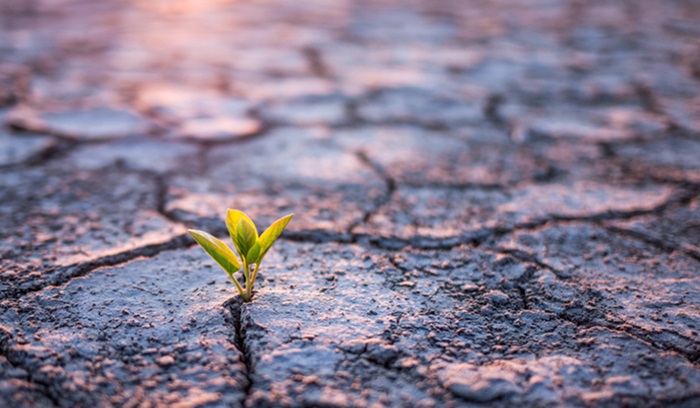India adds record 24.5 GW of solar in 2024
India added 24.5 GW of solar and 3.4 GW of wind capacity in 2024, doubling solar installations and increasing wind capacity by 21% from 2023, according to JMK Research & Analytics. These additions brought India’s total renewable energy capacity to 209.44 GW, with solar accounting for 47%. Utility-scale additions nearly tripled from 2023, while rooftop and off-grid installations rose 53% and 197%, respectively, driven by the PM Surya Ghar: Muft Bijli Yojana program, which spurred 700,000 rooftop installations in 10 months.
